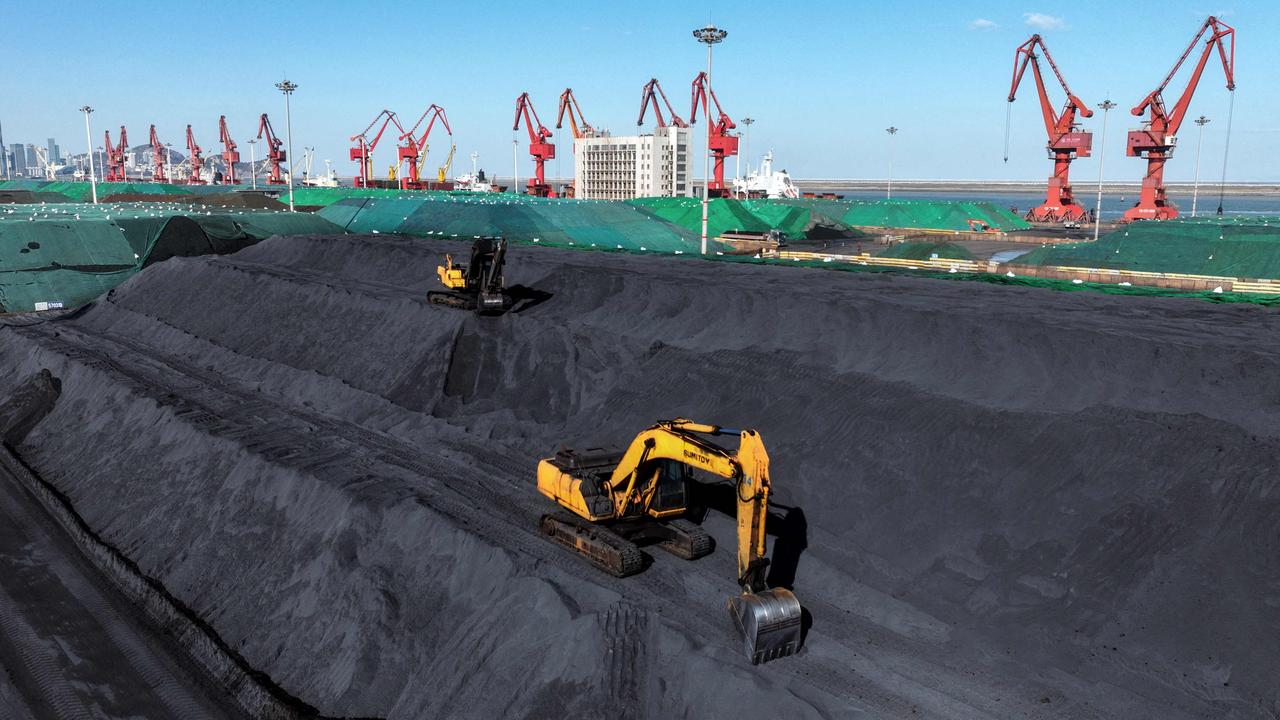Kain Lawyers’ John Kain warns reforms will slow down deals
M&A lawyer John Kain says a wave of capital markets reforms will slow transaction activity in an already sluggish M&A market.

Business
Don't miss out on the headlines from Business. Followed categories will be added to My News.
Heightened regulatory intervention in capital markets – including mandatory ACCC merger notification – risks slowing transaction activity in an already sluggish M&A market, according to John Kain, managing director of mid-tier M&A firm Kain Lawyers, while AI is emerging as an opportunity for dealmakers to speed up due diligence activities.
Mr Kain said Western governments and regulators were taking a more interventionist approach to economic policy, including in Australia, where 40 years of market liberalisation was being partially undone by reforms across labour, trade and other parts of the economy.
For capital markets, he warned of the unintended consequences of changes such as the federal government’s reforms to M&A and foreign investment clearances.
“Migration quotas are being reduced, labour markets are being re-regulated in an unwelcome throwback to the unproductive 1970s, and changes to existing frameworks to regulate capital flows are in train,” he said.
“Public comments from the ASIC chair about the need for greater transparency in, and potential regulation of, private markets, while consistent with a more interventionist regulatory posture, are both concerning and unwelcome.”
Under the federal government’s M&A reforms, counterparties will be required to notify and convince the Australian Competition and Consumer Commission that proposed deals above a certain threshold won’t substantially lessen competition.
Mr Kain, whose firm last year advised Silk Laser Clinics on its $180m sale to Wesfarmers’ Australian Pharmaceutical Industries, said the requirement would “undoubtedly delay transactions and make them more expensive”.
“Transactions with no competition concerns will be delayed by up to six weeks and others delayed by almost five months,” he said.
“These impacts will be exacerbated if the government adopts the ACCC’s recommendation to set the minimum threshold for mandatory clearance at a $35m global transaction value.
“The foreshadowed public disclosure of ACCC notifications will pose challenges for publicly listed counterparties, disadvantaging them in competitive bid processes.”
While less concerned about changes to foreign investment approvals – designed to streamline low-risk deals while applying more scrutiny on investments in sensitive industries such as critical minerals and infrastructure – Mr Kain said “the devil will be in the details”.
He added there was “a real risk that the net to catch the higher-risk transactions is much larger than that catching the lower-risk transactions, potentially adding significant delay and cost to such approvals”.
On a more positive note about deal flow, Mr Kain said there were early signs AI could play a major role in fast-tracking due diligence activities.
“Whereas historically due diligence exercises were sometimes ‘a mile wide and an inch deep’ seeking a level of insight across the target, AI is now allowing DD processes to be far more targeted, unlocking the opportunity to create far more value,” he said.
“Much less time now needs to be spent on target-wide manual diligence processes, much of which can be done more efficiently - that is, faster and cheaper - using AI tools.
“Those tools can identify the areas needing more detailed analysis, which can also be done more quickly and cheaply. This allows buyers to better understand areas for improvement and growth and reach that understanding earlier.”
After starting Kain Lawyers 20 years go in Adelaide, Mr Kain has grown the firm to 64 staff across Adelaide, Sydney and Melbourne, where it recently signed a new lease for larger office space to accommodate anticipated growth in the Victorian capital.
More Coverage
Originally published as Kain Lawyers’ John Kain warns reforms will slow down deals




